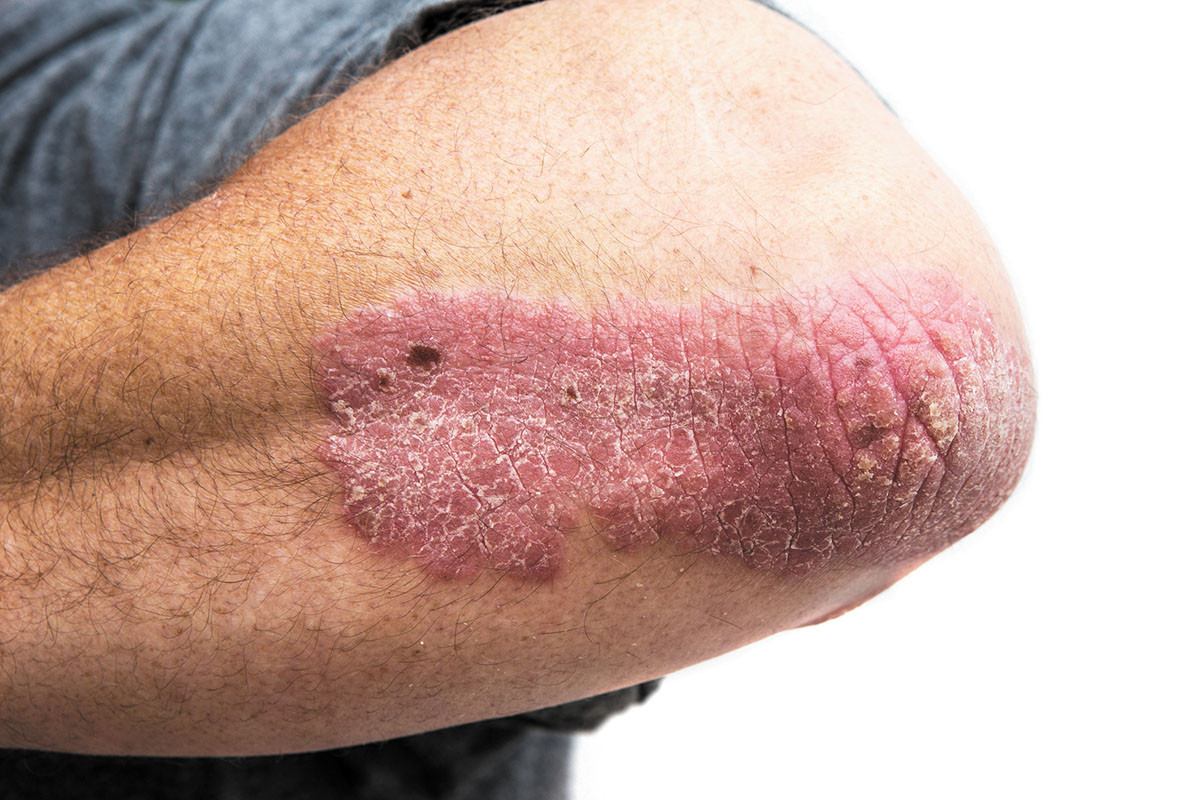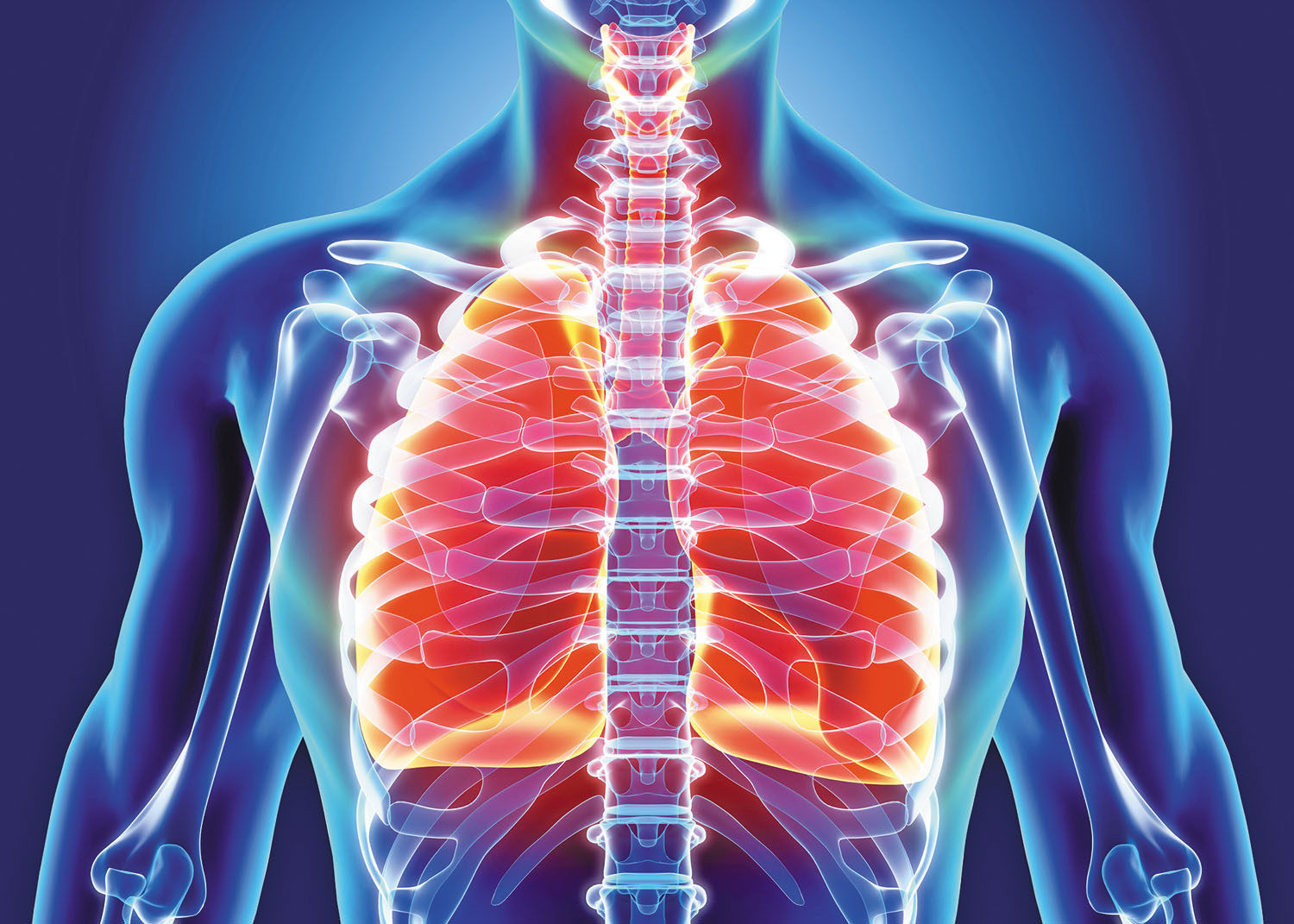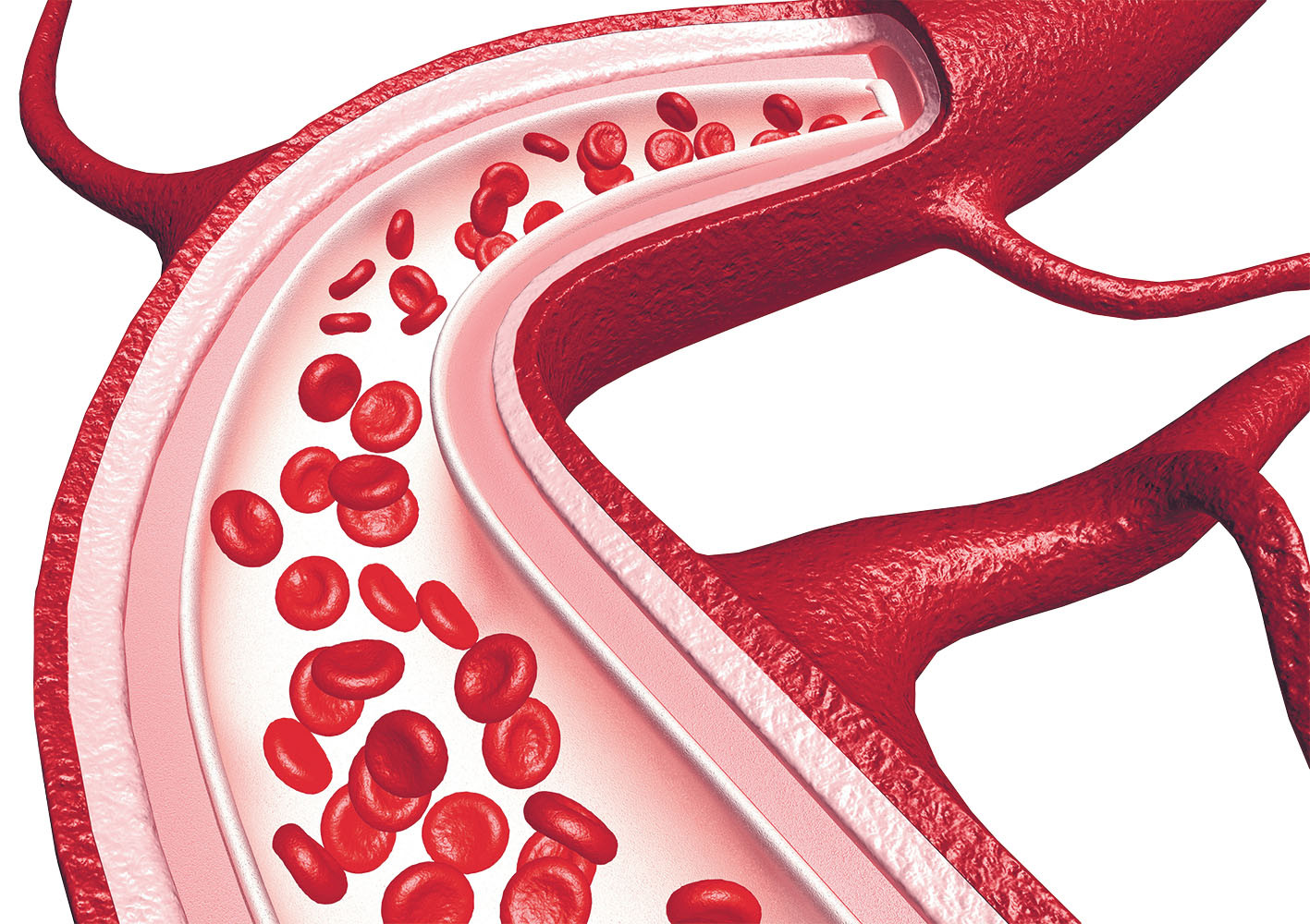
Wildfires: How to cope when smoke affects air quality and health

What can magnesium do for you and how much do you need?

Dry socket: Preventing and treating a painful condition that can occur after tooth extraction

What happens during sleep �� and how to improve it

How is metastatic prostate cancer detected and treated in men over 70?

Could biofeedback help your migraines?

What is autism spectrum disorder?

Plantar warts: Options for treating this common foot condition

Cancer survivorship: What comes next after treatment

Nutritional yeast: Does this savory, vegan seasoning pack a nutritional punch?
Diseases & Conditions Archive
Articles
Putting a stop to leaky gut
What can you do about this mysterious ailment?
��Image: © SasinParaksa/Getty Images
Leaky gut has not received the attention it deserves, in large part because it remains a medical mystery.
"Part of the reason is that the gut is such a complex system, and science continues to find new ways that the gut can influence everything from heart health to keeping our brains young," says Dr. Alessio Fasano, director of the Center for Celiac Research and Treatment with Harvard-affiliated Massachusetts General Hospital. "There is much we know about leaky gut in terms of how it affects people's health, but there is still so much that is unknown."
My doctor says I have a skin condition called hidradenitis suppurativa. How is that normally treated?
Ask the doctors
Q. I was recently diagnosed with hidradenitis suppurativa. What could have caused this condition, and can it be cured? What are the usual treatments?
A. Hidradenitis suppurativa is an uncommon skin condition that starts out as pimple-like lesions on the skin. If left untreated, it can grow deeper into the tissue and over time can lead to painful fluid-filled lumps or thick scars. The condition is most common on parts of the body where skin presses up against skin, such as the groin, the underarms, the thighs, or the buttocks. Hidradenitis suppurativa most often affects younger people, particularly women, and most often happens after puberty. It's less common in people over age 55. Other risk factors include smoking and being overweight or obese, and it seems to run in families. Experts aren't really sure what causes hidradenitis suppurativa, but hormones and the immune system may play a role. Some experts believe that an ordinary blockage in the skin triggers an overzealous immune system reaction, which leads to symptoms. The good news is that you can't spread the condition to other people, and it is treatable. Catching the problem early can minimize problems. There are numerous treatment options for hidradenitis suppurativa, including antibiotics, hormonal medications and skin treatments, such as acne washes or special bleach baths. In more severe cases, your doctor might also recommend biologic therapy to dampen the immune response or surgery to remove or drain the affected skin. Even after treatment, the condition may require ongoing monitoring to treat or prevent recurrences.
Is aspirin best for peripheral artery disease?
Ask the doctor
��Image: © Jeng_Niamwhan/Getty Images
Q. Is there something stronger than aspirin I can take for peripheral artery disease in my legs?
A. People with peripheral artery disease (PAD) in the legs have blockages (plaques of atherosclerosis) in the arteries that impair the flow of blood. Based on large scientific studies involving over 5,000 people with PAD, authorities recommend taking a daily aspirin tablet. For people with PAD, smoking cessation, regular exercise, and often other medicines such as statins, can help prevent further plaque buildup and decrease symptoms.
Is that brain fog really adult ADHD?
Sometimes attention deficit hyperactivity disorder is behind issues with memory and task completion.
��Image: © monkeybusinessimages/Getty Images
You may be concerned about your memory if you notice that you're struggling to keep track of items you use each day, getting sidetracked when doing chores and other tasks, and tuning out during conversations. But it could be that you have attention deficit hyperactivity disorder (ADHD), a brain wiring difference once recognized only in children. In adults, ADHD often produces problems with memory and attention rather than hyperactivity.
"Two to three percent of people in their 60s or older have traits of ADHD that are impairing," says Dr. Craig Surman, a neuropsychiatrist and ADHD researcher at Harvard-affiliated Massachusetts General Hospital and co-author of the �첩���� Publishing book FASTMINDS: How to Thrive If You Have ADHD (or think you might).
What causes my sudden dizziness when I move?
On call
Q. For the past few months, I get dizzy when I turn my head quickly or bend over. What could cause this?
A. You most likely have a bothersome, but not serious, condition called benign paroxysmal positional vertigo. The symptoms are brought on by head movement. They can be quite mild, with just a few seconds of a spinning or off-balance sensation when the head moves a certain way, but some people experience severe dizziness, along with nausea and possible falling.
A deeper look at psoriasis
There are ways to shorten flare-ups and, in some people, prevent them from recurring.
��Image: © JodiJacobson/Getty Images
Psoriasis is a big star on TV drug ads, but this autoimmune skin disease is something most people try to keep well hidden.
"Psoriasis is among the most common skin conditions, affecting about 2% of the U.S. population, and while the condition doesn't affect everyone the same way, the approach to treatment and prevention is often similar," says Dr. Gideon Smith, an assistant professor of dermatology at Harvard-affiliated Massachusetts General Hospital.
Can’t sleep? You may be at risk for atrial fibrillation
In the journals
If you have problems sleeping through the night, you may be at risk for atrial fibrillation (afib), an irregular heart rate that may cause heart palpitations and is a leading cause of stroke.
A study published online June 25, 2018, by HeartRhythm reviewed four studies and found a link between afib and poor sleep. In one study, people with afib had more frequent nighttime awakenings compared with those who did not have the condition. In the other studies, poor sleep quality, including frequent nighttime awakenings and less REM (rapid eye movement) sleep, predicted which individuals would develop afib.
What causes acute bronchitis?
Ask the doctor
��Image: © yodiyim/Getty Images
Q. I've had several bouts of acute bronchitis in the past year. What causes it, and is it contagious?
A. Acute bronchitis is an inflammation of the breathing tubes in the lungs. It comes on suddenly and lasts for at least five days, often longer.
More antidotes for newer blood thinners
New medications add advantages to treatments that help prevent stroke, pulmonary embolism, and deep-vein thrombosis.
��Image: © Mohammed Haneefa Nizamudeen/Getty Images
The wait is over for an antidote to stop rare uncontrolled bleeding linked to some newer blood thinners. The FDA approved andexanet alfa (AndexXa) on May 3, 2018. It's the first and only antidote to reverse bleeding in people taking apixaban (Eliquis), rivaroxaban (Xarelto), or edoxaban (Savaysa).
Another newer blood thinner �� dabigatran (Pradaxa) �� already has an approved antidote called idarucizumab (Praxbind). A dose of vitamin K is used to reverse the action of warfarin (Coumadin), a blood thinner used routinely for more than half a century and, until recently, the only such option for most people.

Wildfires: How to cope when smoke affects air quality and health

What can magnesium do for you and how much do you need?

Dry socket: Preventing and treating a painful condition that can occur after tooth extraction

What happens during sleep �� and how to improve it

How is metastatic prostate cancer detected and treated in men over 70?

Could biofeedback help your migraines?

What is autism spectrum disorder?

Plantar warts: Options for treating this common foot condition

Cancer survivorship: What comes next after treatment

Nutritional yeast: Does this savory, vegan seasoning pack a nutritional punch?
Free Healthbeat Signup
Get the latest in health news delivered to your inbox!
Sign Up










